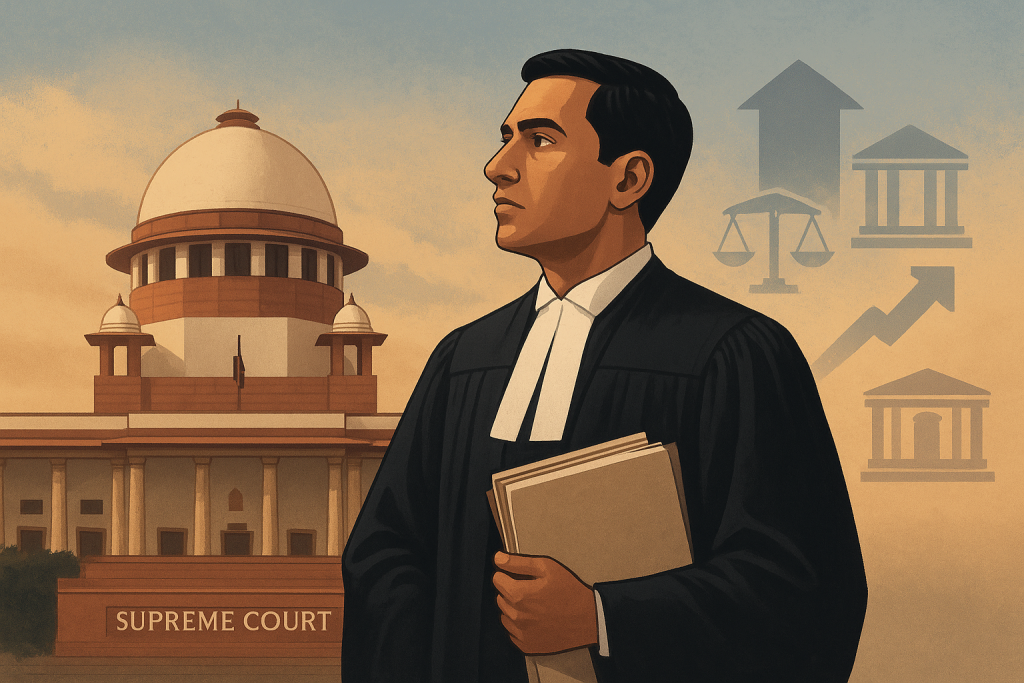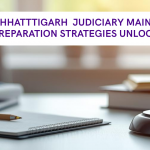In a significant ruling, a five-judge Constitution Bench of the Supreme Court has determined that Judicial officers with a combined experience of seven years as both a judicial officer and an advocate are eligible to apply for direct recruitment as District Judges.
Key Highlights of the Judgment:
1. Combined Experience Requirement: The Court stated that eligibility for direct recruitment should consider the total years spent in judicial service, along with the years of experience as an advocate. Hence, if an individual has worked as both a judicial officer and a practicing advocate, all of that experience counts toward the seven-year requirement.
2. Eligibility Based on Application Date
Importantly, the Court clarified that eligibility will be assessed based on the applicant's status as of the application date, not just at the time of appointment.
3. Minimum Age Requirement
To ensure fairness among candidates, the Court mandated that in-service candidates (those already in judicial service) must be at least 35 years old at the time of application.
4. Overruling Prior Precedent (Dheeraj Mor Case)
This judgment overrides the previous decision in Dheeraj Mor v. High Court of Delhi, which stated that judicial officers could not pursue direct recruitment under the bar quota. That doctrine has now been set aside.
5. Prospective Application
The Court has made it clear that this ruling will apply only prospectively, meaning it will not affect recruitment processes that have already been completed or past appointments made under earlier regulations.
6. Requirement of Continuous Experience
The Court rejected arguments for counting disjointed periods of practice, asserting that eligibility must derive from continuous experience—as either an advocate or a judicial officer—up to the date of application.
7. No Separate Quota for Advocates
The Court decided against introducing a fixed quota (e.g., 25%) specifically for practicing advocates, stating that both advocates and in-service judicial officers should compete on equal terms under Article 233(2) of the Constitution.
8. Directive to State Governments and High Courts
The bench has instructed all State Governments and High Courts to amend their rules within three months to comply with this judgment.
Legal and Practical Implications:
Level Playing Field: Judicial officers who started their careers early now have a fair shot at district judge posts through direct recruitment.
Recognition of Dual Experience: The judgment values both advocacy and judicial experience equally
Administrative Clarity: States must revise outdated recruitment rules that conflict with this interpretation.
Judicial Stability: By applying the decision prospectively, the Court ensures no disruption in past appointments.
Bench & Background
The Constitution Bench comprised:
Justices Sanjay Kishan Kaul, Abhay S. Oka, Vikram Nath, J.B. Pardiwala, and Manoj Misra.
Their verdict harmonizes earlier conflicting interpretations of Article 233(2) and clarifies that professional growth through judicial service will no longer limit career progression opportunities.
Case: REJANISH K.V. vs. K. DEEPA [Civil Appeal No(s). 3947/2020]



